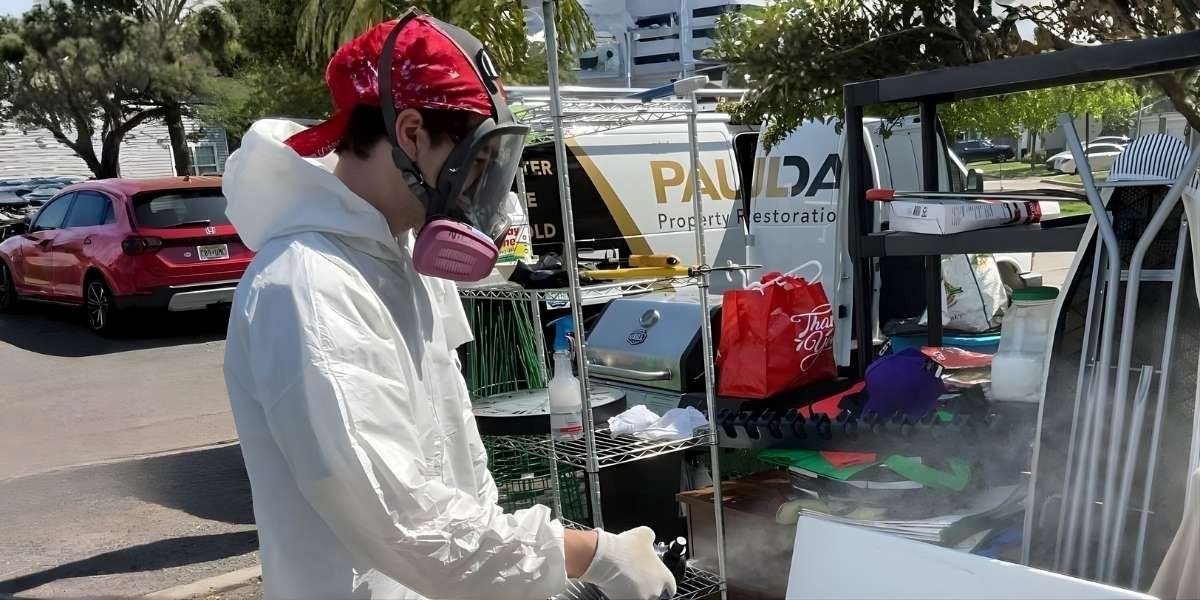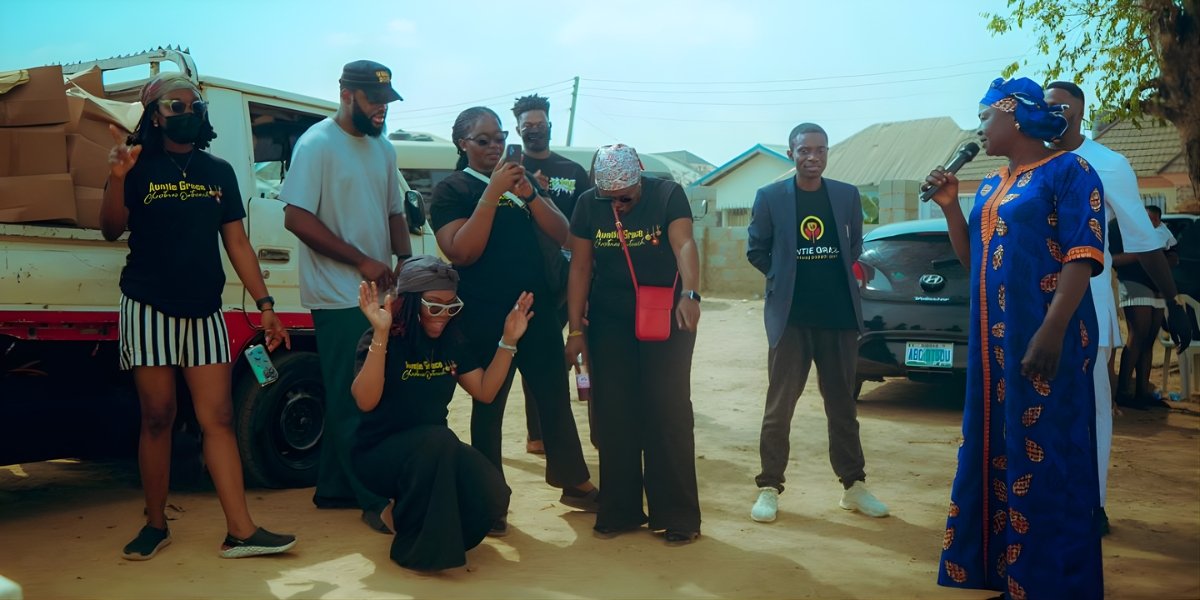By: Joshua Finley
Access to education is still a challenge for many, and Off Paper is making strides to change that narrative. Founded by Chloe Heng, the nonprofit leverages technology to provide quality educational experiences for children in underserved communities across Southeast Asia.
Chloe Heng, who has a background in English education and extensive experience working with low-income students, was inspired to create Off Paper after seeing the impact of technology in the classroom during the pandemic. “I witnessed the transformative power of technology and how it could help underserved communities overcome significant educational challenges, such as lack of educational opportunities or the absence of adult assistance or appropriate educational resources,” Heng explains. This realization prompted her to establish Off Paper, a digital platform designed to address the unique educational needs of vulnerable children.
Off Paper’s primary mission is to develop and utilize proprietary technology to create dynamic learning experiences for children in vulnerable communities. “Off Paper’s mission is to develop proprietary technology and educational best practices to create a community focused on transformative learning and dynamic growth that changes lives for generations to come,” says Heng. The organization achieves this by partnering with local charities and community leaders to create learning spaces equipped with devices and Off Paper’s app, allowing children to access quality education regardless of location or financial constraints.
The digital learning companion developed by Off Paper is not just for students, but also serves as a teaching tool for educators in these underserved regions. Heng notes that in many areas, teachers often lack access to professional development and updated learning materials. Off Paper’s app bridges this gap by offering lesson tutorials and activities that can be projected in class, engaging students through a variety of multimodal resources.
Building a successful initiative like Off Paper comes with its own set of challenges. In its early stages, the nonprofit faced skepticism from local communities and logistical hurdles due to the varying needs across Southeast Asia. “In many underserved areas, introducing new approaches can be challenging due to a mix of skepticism toward external organizations and concerns about the learning curve involved,” Heng recalls.
The solution, according to Heng, lay in strong community engagement. By collaborating closely with local leaders and listening to their needs, Off Paper was able to develop solutions that were both effective and culturally relevant. “We fostered a sense of ownership and engagement within the community,” says Heng, emphasizing that building trust was key to ensuring the sustainability of their efforts.
Technology as a catalyst for change
Off Paper’s core belief is that technology can break down barriers to education in ways traditional systems cannot. The organization’s literacy app, which can function offline, ensures that even children in the most remote communities have access to quality educational resources.
In addition to providing access to education, the app is designed to foster independent learning, which is especially crucial for children who may not have consistent adult assistance at home. Off Paper is also exploring the use of artificial intelligence to further personalize learning experiences and improve outcomes for students.
Success stories and impact
Off Paper’s journey is already marked by success stories. One notable achievement was in its first learning hub, where the number of students quickly grew from 50 to 140. “This growth was not just in numbers but in the tangible, qualitative feedback we received from the community,” says Heng. Teachers and parents have reported that children are now excelling in their studies and showing greater enthusiasm for learning thanks to the resources provided by Off Paper.
The nonprofit recently expanded into Malaysia, working with four schools serving lower-income and refugee children. Despite the challenges, Heng remains hopeful. “Recently, I received feedback that the children had managed to complete unit one of our phonics curriculum, and that brought me great joy,” she shares.
Looking ahead
As Off Paper continues to grow, the organization has ambitious plans for the future. Heng envisions further expansion across Southeast Asia and the development of new programs, including the Global Buddy Program, which will foster friendships between students from different backgrounds. The nonprofit also plans to explore innovative fundraising methods and deepen its engagement with donors to sustain its impact in the long term.
For individuals and organizations interested in supporting Off Paper’s mission, there are many ways to get involved, from volunteering to donating resources. “Every contribution, regardless of its size, makes a difference. Donating, volunteering, or simply advocating for these children and their education, drives positive change,” Heng urges.
Published by: Nelly Chavez













